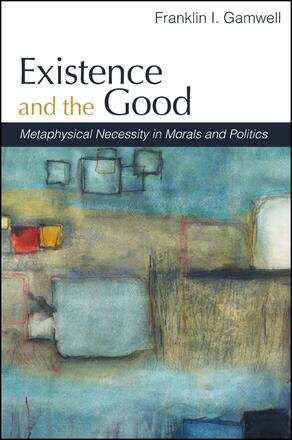
Existence and the Good
Metaphysical Necessity in Morals and Politics
Alternative formats available from:
Argues that morals and politics require on a metaphysical backing and proposes a neoclassical metaphysics.
Description
Morals and politics depend on a metaphysical backing. All reality is marked by certain necessary features and a divine purpose inherent in all reality defines the good to which all human life should be directed.
These are bold assertions in a climate where the credibility of metaphysics is widely denied. Indeed, for the past two centuries, Western philosophy has been marked by a consensus that questions about moral and political life should be considered separately from questions about ultimate reality. In this challenging work, Franklin I. Gamwell defends metaphysical necessity against both modern and postmodern critiques. The metaphysics vindicated is not the traditional form both critiques typically have in view, however. Instead, Gamwell outlines a neoclassical project for which Alfred North Whitehead and Charles Hartshorne are the main philosophical resources. As it maintains the significance of theistic metaphysics, the book makes no appeal to religious authority but solely to common human experience, and on this basis articulates principles of human purpose and democratic justice.
Franklin I. Gamwell is Shailer Mathews Distinguished Service Professor Emeritus of Religious Ethics, Theology, and Philosophy of Religion at the Divinity School of the University of Chicago. His books include The Meaning of Religious Freedom: Modern Politics and the Democratic Resolution, also published by SUNY Press.
Reviews
"The volume is welcome especially because of its uncompromisingly unorthodox approach. " — Journal of Religion
"…this book may well be the best of its kind … In short, it is a must read. " — International Journal for Philosophy of Religion